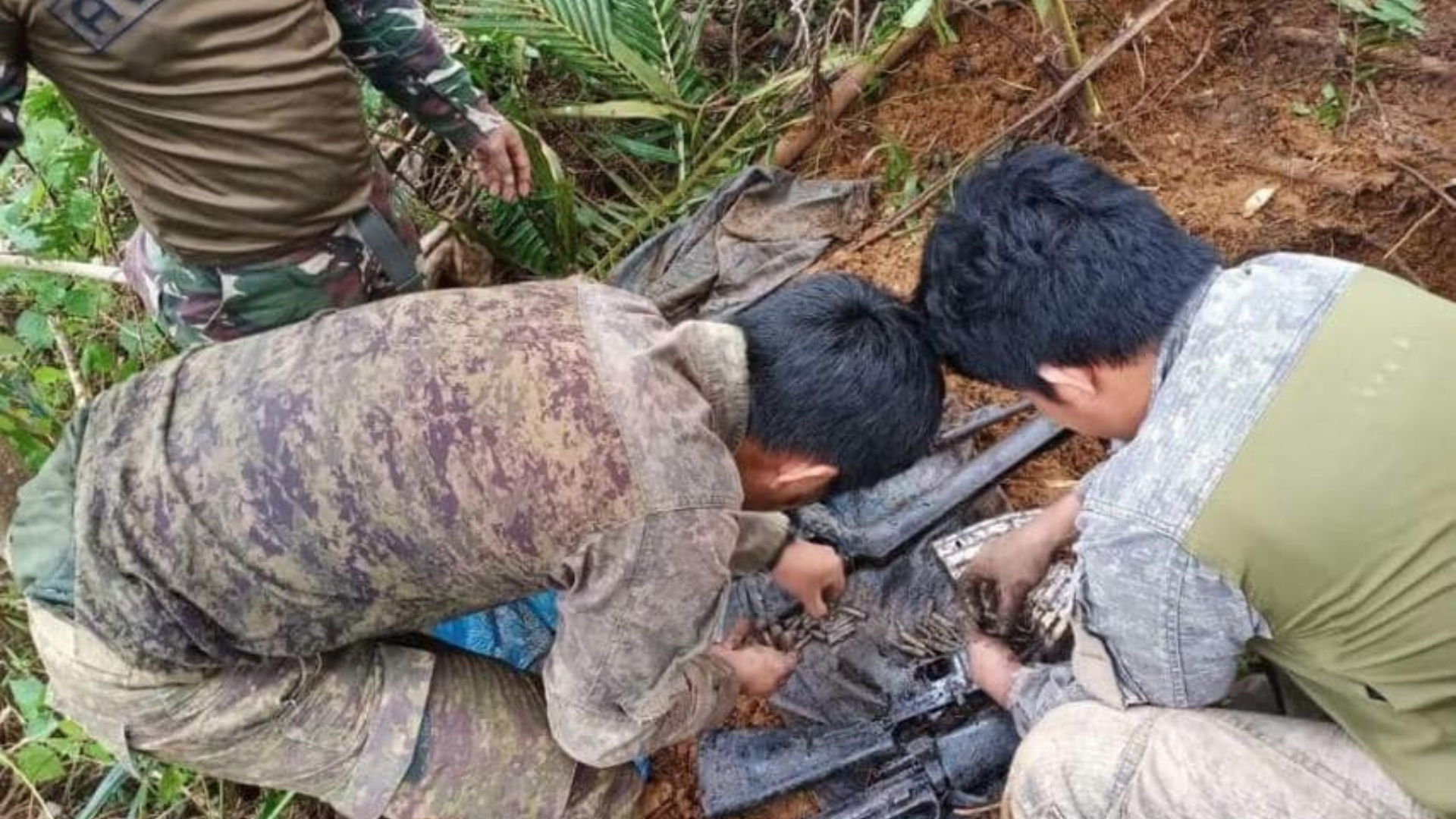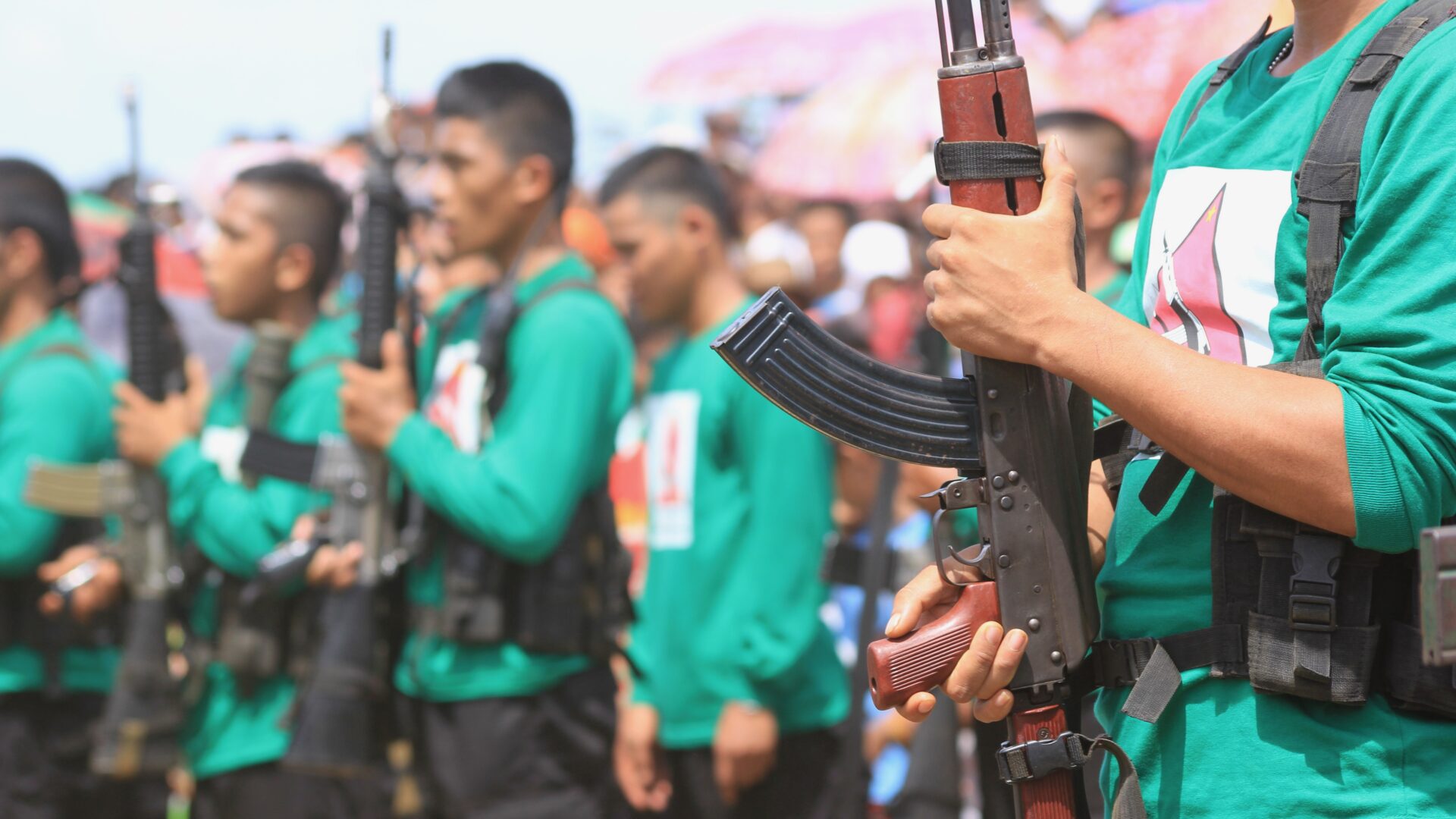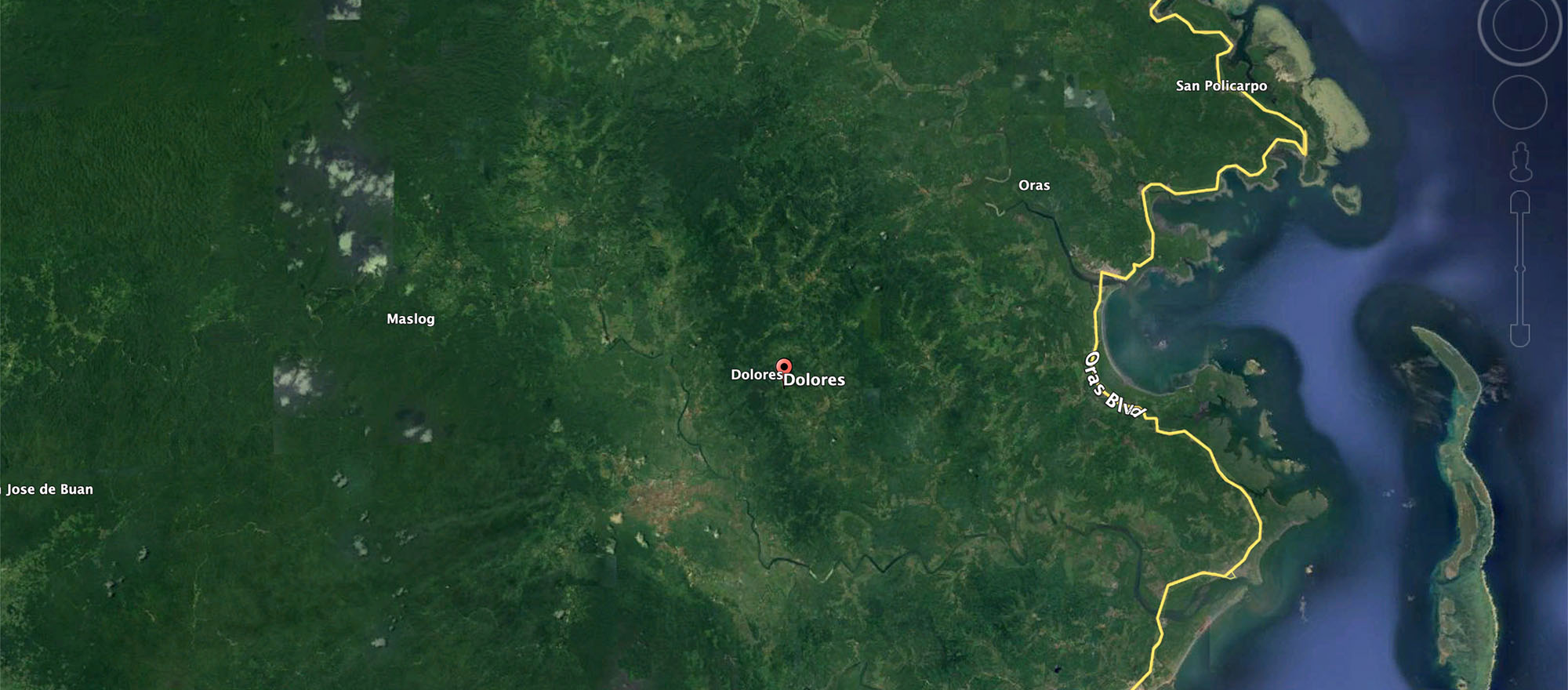Frequently Asked Questions on The U.S. Secretary of State Visit to the Philippines
1. Why is U.S. Secretary of State John Kerry visiting the Philippines this Tuesday, December 17th? He is meeting with President Aquino to strengthen agreements on increasing U.S. military presence in the Philippines. 2. Why does the U.S. want to increase military presence in the Philippines? As China continues to develop as a leading world […]


1. Why is U.S. Secretary of State John Kerry visiting the Philippines this Tuesday, December 17th?
He is meeting with President Aquino to strengthen agreements on increasing U.S. military presence in the Philippines.
2. Why does the U.S. want to increase military presence in the Philippines?
As China continues to develop as a leading world power, the U.S. plans to move 60% of its warships to the Pacific region by 2020 to challenge China’s political influence in the region. This move, referred to by Obama as the “Asia-Pacific Pivot”, is a shifting of military resources from the Middle East to the Asia Pacific.
3. How does increasing U.S. military presence in Asia combat China’s growth as a world leader?
In the U.S. approach to world politics, military power equates to negotiating power. The U.S. will use the indirect or direct threat of military force to pressure China to align its policies with American interests.
4. What does “increased U.S. military presence” mean for the Filipino people?
Philippine Foreign Affairs Secretary Albert del Rosario explained that the U.S. military contribution to relief following Super Typhoon Haiyan demonstrates the need for their increased presence.
Although relief assistance is greatly needed, historically U.S. military presence has equated to many unresolved and severe violations against the rights of the Filipino people. For example the U.S. was not held accountable for the damage its warship caused to the Tubbataha reef last January. Following the rape of Nicole and many other similar cases, U.S. soldiers who have committed sexual abuse have frequently been released without accountability.
Ultimately increasing the presence of foreign soldiers, weapons, and nuclear materials near schools, places of work, and peoples’ homes puts at risk the health, safety, and vitality of the Filipino people.
5. Why is the Philippines important in the U.S. military strategy?

The Philippines has always been the cornerstone of U.S. military presence in Asia. The first U.S. military bases were built on the archipelago. The Philippines was the main launching pad for U.S. bomber plains during the Vietnam War. It plays a key role in the U.S. strategy today due to America’s continuing influence on Philippine politics as well as the islands’ proximity to China.
6. What does this mean for the taxpayers in the U.S.?
It means appropriating $50 million tax dollars for military aid to the Philippines and sending tens of thousands of U.S. soldiers to the Philippines to support and train the Armed Forces of the Philippines (AFP) instead of allocating budget to education, job creation, and social services in the U.S. It is also important to note that the AFP has thousands of unresolved cases of human rights violations against the Filipino people who they are supposed to protect.
7. If I were a taxpayer in the U.S., what should I do if I do not want increased U.S. military presence in the Philippines?
Call John Kerry’s office at (202) 647-5291 and tell his staff that you do not want your taxpayer dollars to go toward increased military presence in the Philippines.
8. Where can I find more information on the National Alliance for Filipino Concerns?
Go to www.nafconusa.org, email info@nafconusa.org, like us on facebook at www.facebook.com/nafconusa or call us at 415.333.6267.




